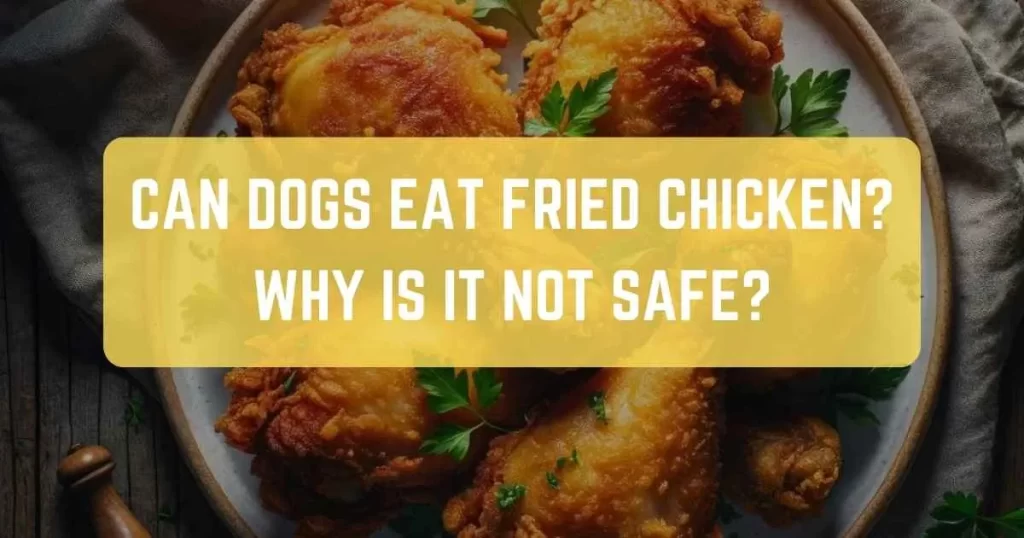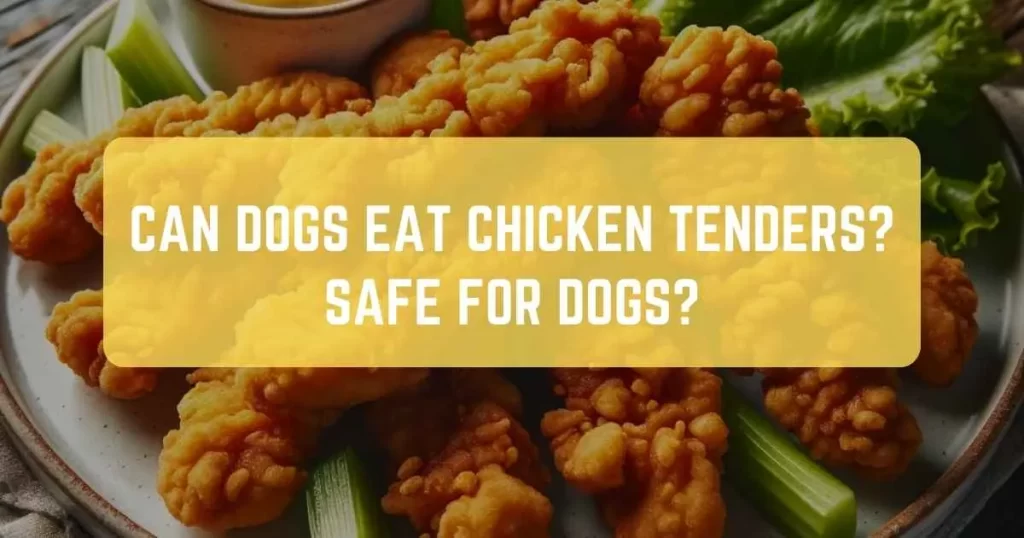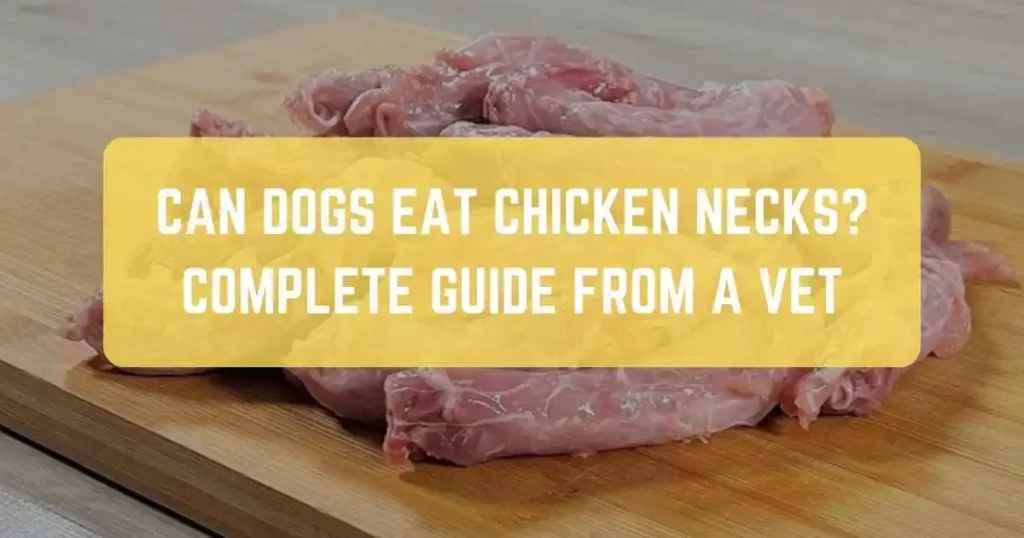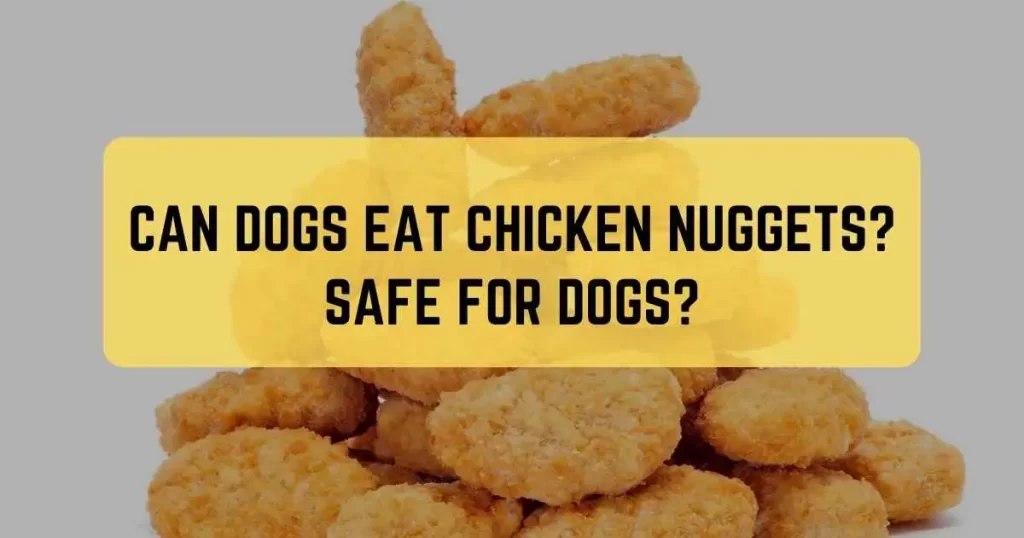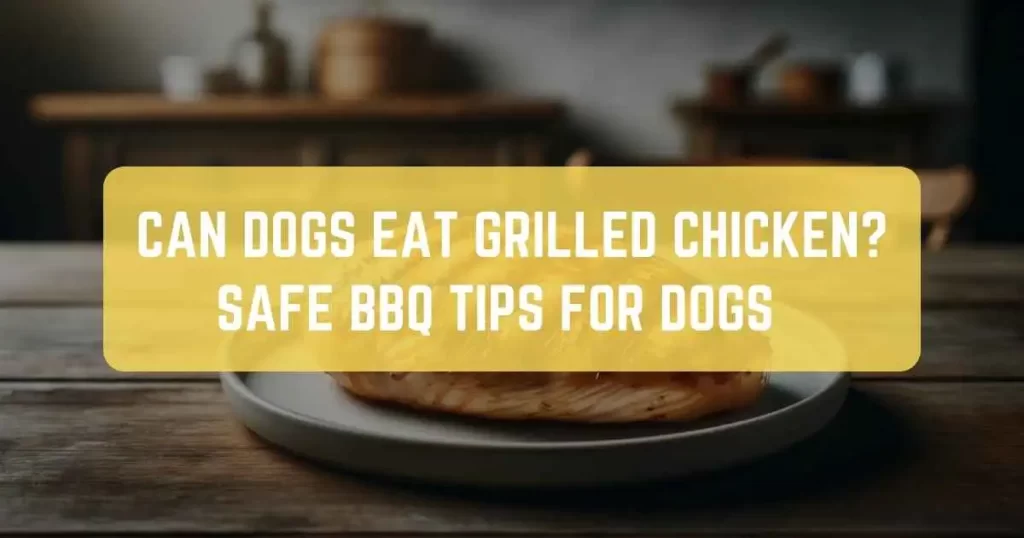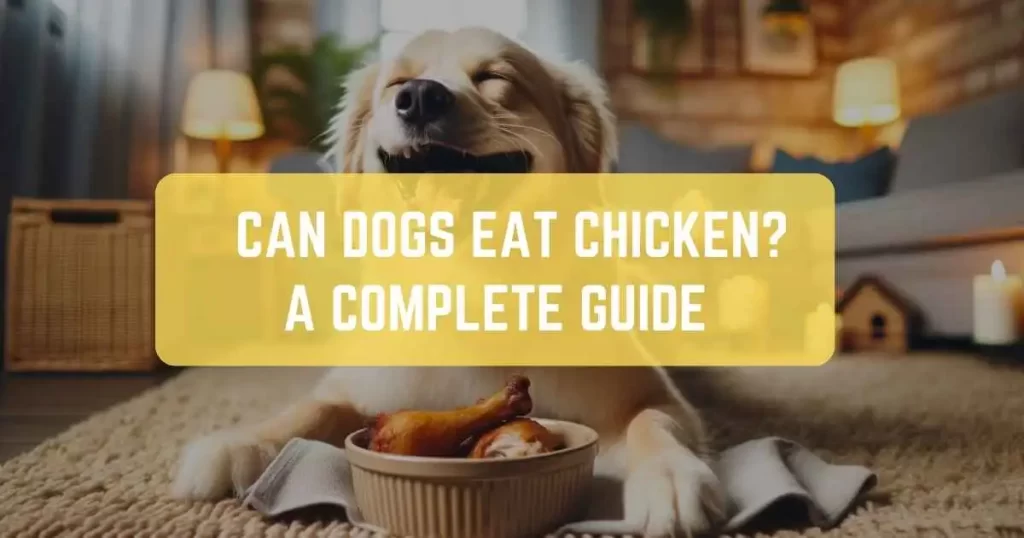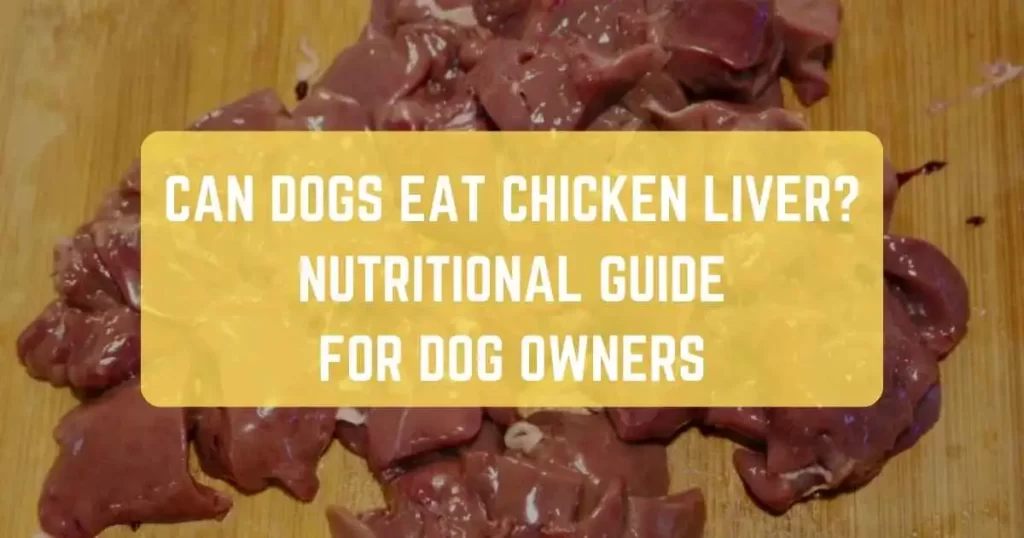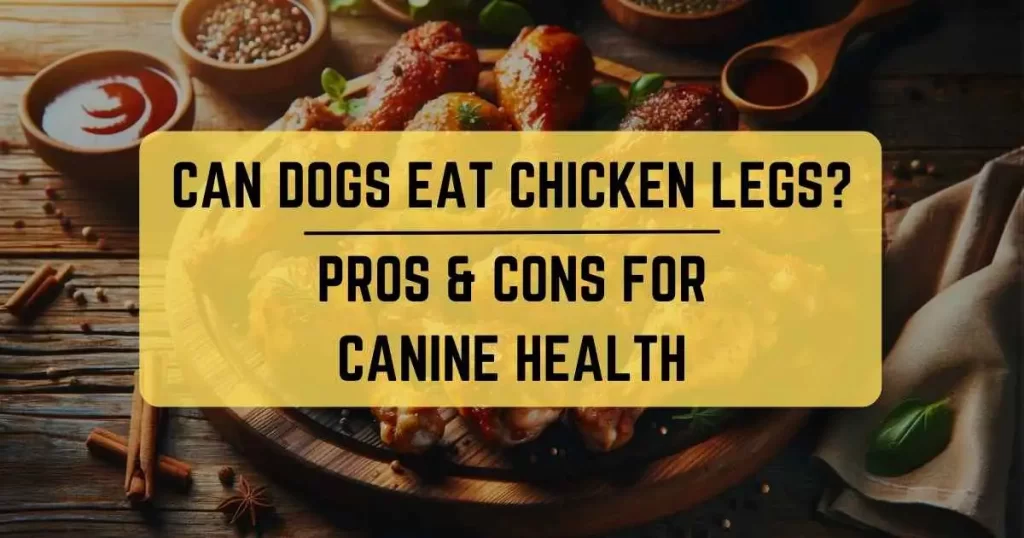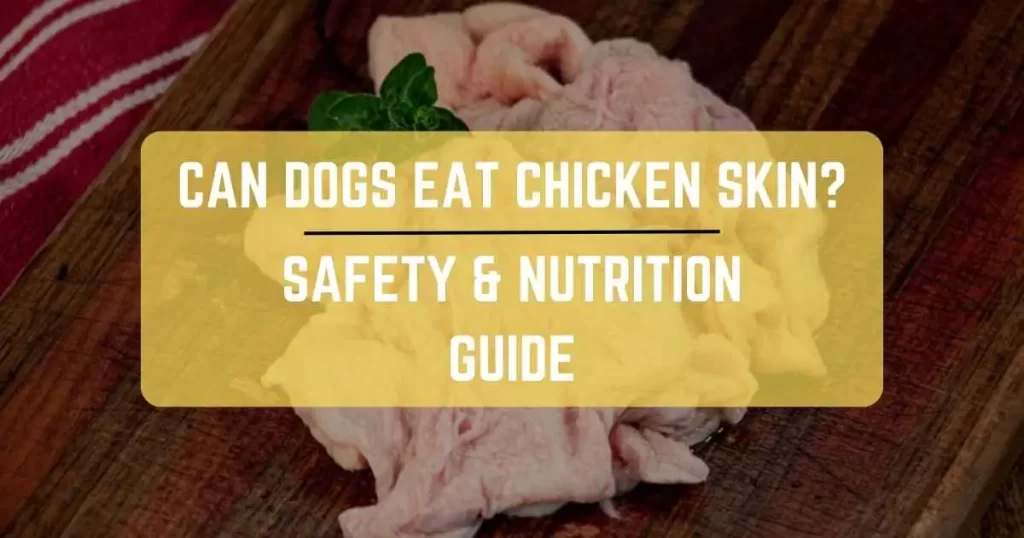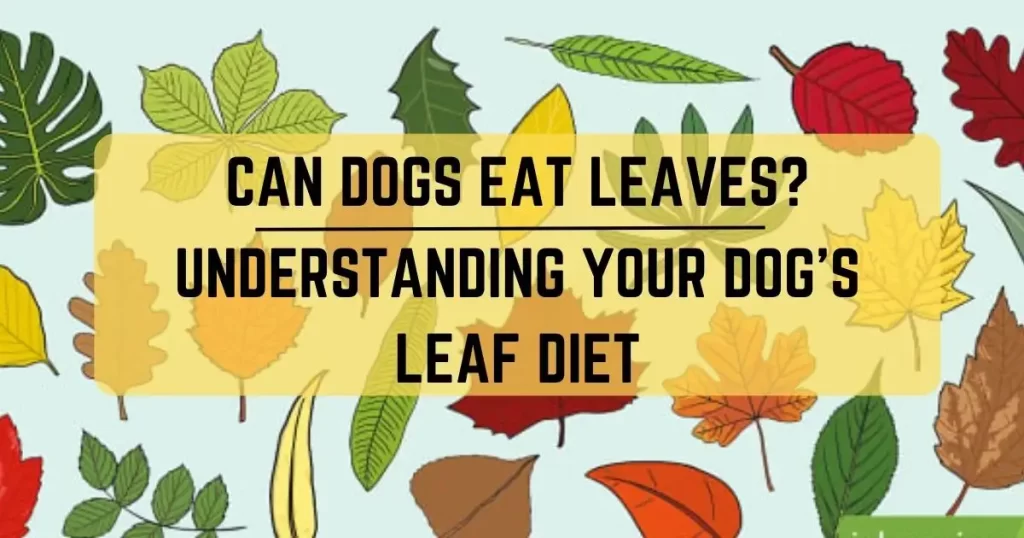
Are your furry companions turning over a new leaf – literally? If you’ve ever wondered why dogs and puppies can’t resist munching on leaves or grass, you’re not alone.
This intriguing behavior sparks curiosity and, at times, concern among dog parents. Is it just a quirky canine habit or a potential health hazard?
In this comprehensive guide, we’ll dig deep into the leaf-eating phenomenon, exploring the reasons behind it, how to keep your pets safe, and when to take action.
So, fasten your seatbelt and embark on a journey through the intriguing world of dogs and their leafy appetites.
Can Dogs Eat Leaves?
Yes, dogs can eat leaves, but it’s crucial to ensure they’re from non-toxic plants. Dogs may do this for various reasons, including taste, boredom, or upset stomachs. Monitor your pet’s leaf consumption and consult a vet if they show any adverse reactions.
Reasons Your Dog Or Puppy is Eating Leaves
- Nutritional Needs: Dogs might eat leaves to compensate for nutritional deficiencies in their diet. This behavior is more common in dogs that aren’t receiving proper nutrition from their regular dog food.
- Digestive Upset: Dogs may munch on leaves to induce vomiting when they have an upset stomach. It’s their way of self-medicating to relieve gastrointestinal discomfort.
- Boredom: Just like humans might snack out of boredom, dogs may chew on leaves as a form of entertainment or to alleviate boredom.
- Exploratory Behavior: Puppies, in particular, explore their surroundings through their mouths. Chewing on leaves is a way for them to learn about their environment.
- Medical Conditions: In some cases, dogs with underlying health conditions may be drawn to eating leaves. If you suspect your dog’s leaf consumption is due to a medical issue, consult your veterinarian for a proper diagnosis and treatment plan.
While dogs eating leaves is generally safe, it’s crucial to monitor their behavior and environment to ensure their well-being. If you suspect your dog has ingested toxic plants or is regularly eating non-food items like leaves, consult your veterinarian for guidance on how to address this behavior.
What to do if your Dog is Eating Leaves?
If you’ve noticed your dog munching on leaves, it’s essential to take appropriate steps to ensure their health and well-being. Here are some actions you can consider:
- Identify Safe Leaves: Learn about the plants in your environment and determine which leaves are safe for your dog to consume. Avoid areas with toxic plants, such as tomato plants, and keep your dog away from them.
- Consult Your Veterinarian: If you suspect your dog has ingested toxic leaves or exhibits unusual symptoms like vomiting, diarrhea, or lethargy, contact your veterinarian immediately. They can provide guidance on necessary medical interventions.
- Provide Proper Nutrition: Ensure your dog’s regular diet meets their nutritional needs. High-quality commercial dog foods are formulated to provide the essential nutrients dogs require. Consult your veterinarian about which dog food is best for your specific dog.
- Offer Dog-Friendly Chewing Toys: To address boredom or the need for oral stimulation, provide your dog with safe and appropriate chew toys. These toys can help divert their attention from leaves and satisfy their chewing instincts.
- Exercise and Mental Stimulation: Regular exercise and mental stimulation are crucial for a dog’s overall well-being. Taking your dog for walks, playing fetch, or engaging in interactive games can help tire your dog out and reduce the likelihood of leaf-eating due to boredom.
How to Stop Dogs Eating Leaves?
Stopping your dog from eating leaves may require some training and environmental management:
- Teach the “Leave It” Command: Train your dog to respond to the “leave it” command. This can help redirect their attention away from leaves when necessary.
- Supervise Outdoor Time: When your dog is outdoors, especially in areas where they might encounter unfamiliar leaves, keep a close eye on them. This allows you to intervene if they try to eat potentially toxic plants.
- Use Deterrents: Some pet-safe deterrent sprays are available that can discourage dogs from chewing on plants and leaves. These can be helpful in protecting your garden from your dog’s curious palate.
Why do Dogs Eat Leaves and Throw up?
Dogs may eat leaves and then vomit for various reasons. This behavior often serves as a form of self-medication to alleviate gastrointestinal discomfort. When a dog’s stomach is upset, they may instinctively consume leaves or grass to induce vomiting. This can help them expel irritants from their stomach, providing temporary relief.
However, if your dog frequently vomits after eating leaves, it’s essential to consult your veterinarian. Repeated vomiting may indicate underlying health issues that need to be addressed.
Can Puppies Eat Leaves and Grass?
Puppies, like adult dogs, may also exhibit an interest in eating grass and leaves. This behavior is typically a part of their natural exploration process. Puppies use their mouths to explore the world around them, and leaves may be appealing due to their texture and taste. In most cases, occasional leaf-eating is not a cause for concern, as long as the leaves are safe and non-toxic.
Should You Let Your Puppy Eat Leaves?
While occasional leaf-eating is generally harmless, it’s essential to ensure your puppy’s safety. Make sure the leaves they encounter are not from toxic plants. Keep an eye on your puppy during outdoor playtime to prevent them from ingesting harmful foliage.
When do Puppies Stop Eating Leaves?
As puppies grow and mature, their interest in eating leaves typically diminishes. This behavior is more common in younger puppies who are still exploring their environment with their mouths. As they get older and their taste preferences develop, they are less likely to munch on leaves.
Final Thoughts
In conclusion, understanding why dogs and puppies eat leaves, how to manage this behavior, and when to be concerned about it are essential aspects of responsible dog ownership. By providing a safe environment, proper nutrition, and guidance through training, you can ensure your furry companion enjoys a healthy and happy life, even if they occasionally indulge in a leafy snack. If you ever have concerns about your dog’s leaf-eating habits, don’t hesitate to consult your veterinarian for expert advice.

